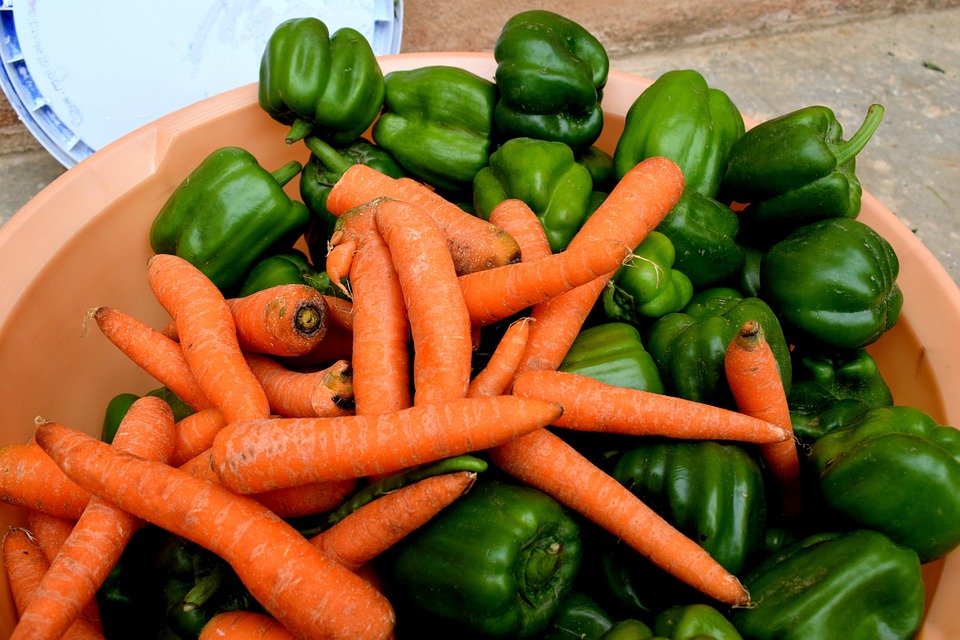Introduction
Urban agriculture has become a popular solution for individuals who lack access to traditional gardening spaces. As urban areas continue to expand and available land diminishes, maximizing space and yield has become crucial in order to meet the growing demands of food production. Home hydroponic gardens have emerged as an innovative way to accomplish this, revolutionizing urban agriculture. This article explores the benefits and potential of home hydroponic gardens in urban settings.
Efficient Use of Space
One of the primary advantages of home hydroponic gardens is their ability to maximize space utilization. Traditional soil-based gardens require significant land area for planting. In contrast, hydroponic systems can be set up vertically, enabling gardeners to grow plants in small spaces such as balconies, rooftops, or even indoors. Vertical hydroponics involve growing plants in stacked layers, allowing for higher yields without the need for more horizontal area. With this technique, urban dwellers can transform unused corners or walls into productive plant-growing spaces.
Vertical hydroponic systems also offer the flexibility to adjust the height of each planting layer, accommodating different plant sizes and growth stages. This adaptability allows for optimal use of space by growing plants in a density that traditional gardens simply cannot match.
Year-round Cultivation
Another significant advantage of home hydroponic gardens is their ability to enable year-round cultivation. Traditional gardening is often limited to specific seasons due to weather conditions and limited growing periods. However, hydroponic systems provide a controlled environment that allows plants to grow continuously without the constraints imposed by outdoor climates. These systems use artificial lighting, such as LED grow lights, to simulate the natural sunlight required for photosynthesis, ensuring consistent growth throughout the year.
Furthermore, the controlled environment of hydroponics eliminates concerns about pests, diseases, and weeds that usually plague traditional gardeners. By providing optimal conditions for growth, home hydroponic gardens enhance the productivity and resilience of plants.
Water and Resource Efficiency
Home hydroponic gardens promote water and resource efficiency, making them an environmentally friendly choice. Hydroponic systems use significantly less water compared to traditional soil-based gardening methods by recirculating and reusing water. Nutrient-rich water is continually circulated through the root systems of plants, minimizing water wastage and ensuring that plants receive the necessary nutrients efficiently.
Moreover, hydroponic systems can help reduce the usage of synthetic fertilizers and pesticides. By utilizing nutrient solutions tailored to specific plant requirements, gardeners can optimize nutrient uptake, reducing the need for chemical additives. This approach not only minimizes water pollution but also protects the health of the surrounding ecosystem.
FAQs
1. Are hydroponic gardens suitable for all types of plants?
Hydroponic gardens are suitable for growing a wide range of plants, including vegetables, herbs, and even some fruits. However, certain plants may require specific environmental conditions, such as temperature, humidity, and lighting, to thrive in a hydroponic system. It’s essential to research and choose plants that are well-suited for the intended growing environment.
2. Is setting up a home hydroponic garden expensive?
The cost of setting up a home hydroponic garden can vary depending on factors such as the size of the system, equipment, and lighting requirements. While there are some initial expenses, the long-term benefits of increased yields and savings in water and resources offset these costs. Additionally, DIY hydroponic systems can be built using affordable materials, making it accessible to those on a budget.
3. How much time and effort is required to maintain a home hydroponic garden?
Maintaining a home hydroponic garden does require some time and effort, but it is generally less labor-intensive compared to traditional gardening. Monitoring water levels, nutrient balance, and adjusting lighting settings are some routine tasks. However, the controlled environment of hydroponics reduces the time spent on weeding and pest management. Once the system is set up and properly balanced, it mostly operates on its own, allowing gardeners to focus on other tasks while enjoying high yields.




